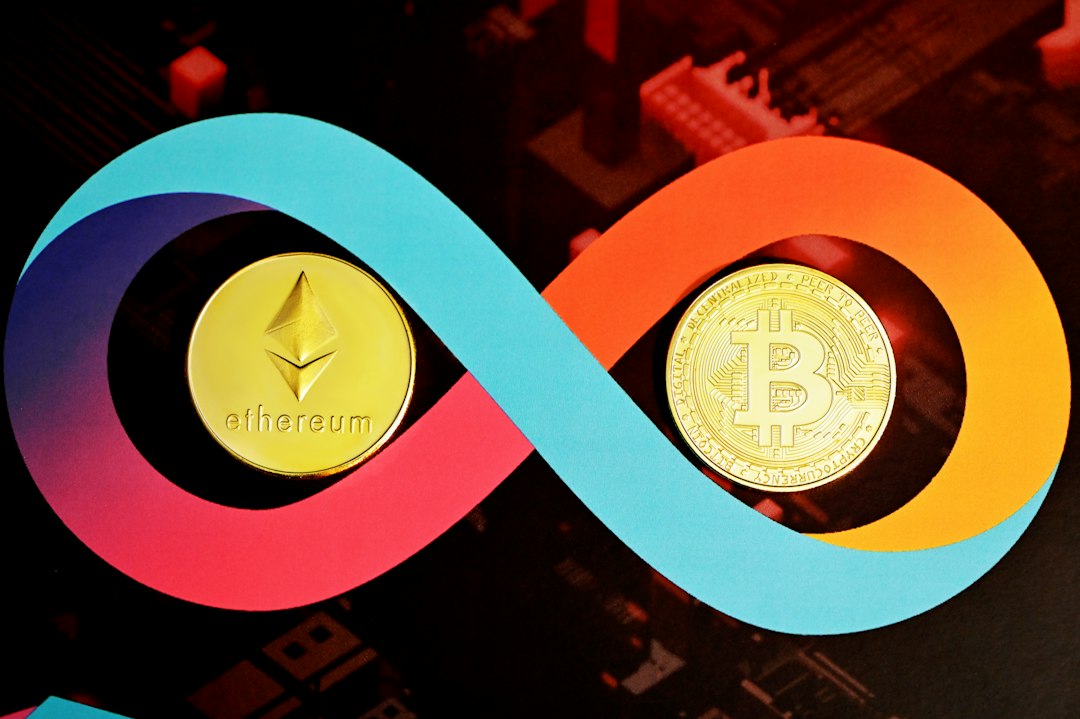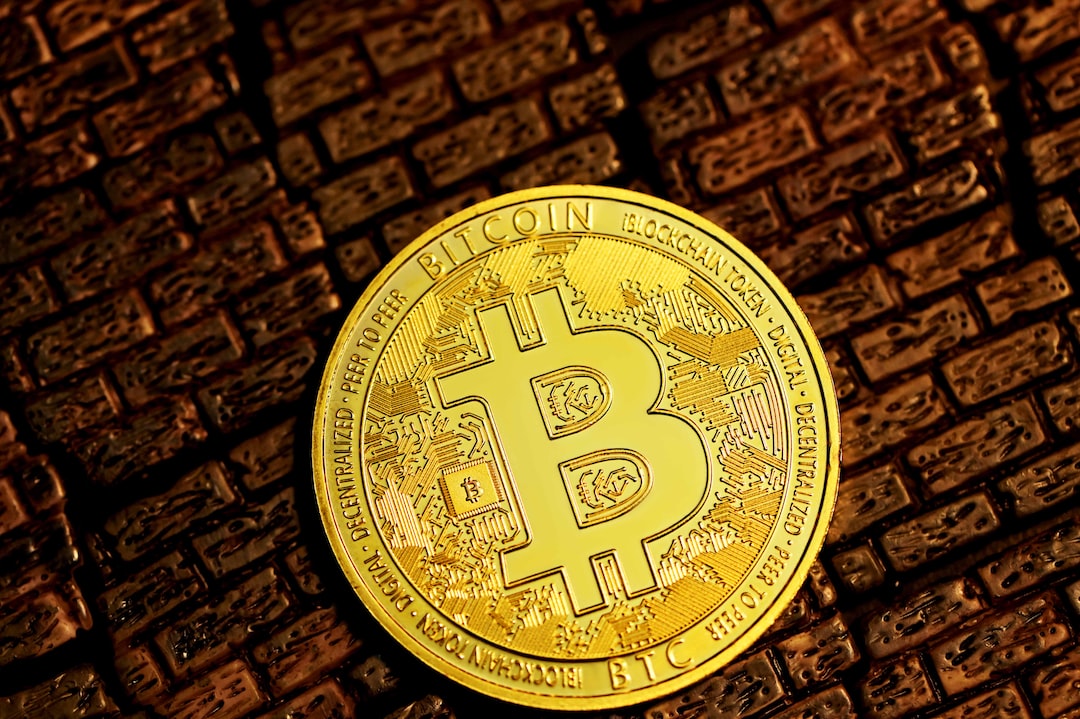JPMorgan Launches Tokenized Collateral Network: A Step Towards Decentralization
JPMorgan, one of the leading banks in the US, has recently launched a Tokenized Collateral Network (TCN), signaling a shift in their view of the decentralized space. While the TCN is not fully decentralized, it marks JPMorgan’s entry into the world of digital asset platforms.
What Is the Tokenized Collateral Network (TCN)?
The TCN is a blockchain-based platform developed by JPMorgan. Although there is no mention of it on their official website, Bloomberg reported that the first settlement on the platform took place with BlackRock, another major US financial institution. In this transaction, BlackRock tokenized shares in one of its money market funds and used them as collateral for a trade with Barclays. The trade was an over-the-counter (OTC) derivatives trade.
Tokenization is an emerging trend in the crypto space, expected to be worth $16 trillion by 2023. JPMorgan’s entry into this market reflects its desire to tap into this growing sector. However, it is important to note that JPMorgan’s TCN platform remains centralized, as large banks prefer to maintain control rather than embrace decentralization.
Why Does JPMorgan Want to Tokenize Assets?
Tokenizing assets offers several benefits, including faster and more efficient trades, increased liquidity, and reduced reliance on traditional credit lines. JPMorgan’s TCN enables the creation, transfer, and settlement of tokenized assets, making it easier to move traditional assets instantly and eliminate the need for unsecured credit lines.
JPMorgan’s TCN also allows institutions to engage in secured repo transactions using tokenized collateral. This provides greater flexibility and diversification of collateral asset types. While TCN primarily targets institutional clients, JPMorgan is also developing a CBDC-style digital currency that incorporates blockchain technology.
Conclusion
JPMorgan’s launch of the TCN indicates its recognition of the potential of blockchain technology in the tokenization of assets. However, it is worth noting that while JPMorgan embraces the technology, it remains skeptical of cryptocurrencies themselves. As the tokenized assets market continues to grow, JPMorgan aims to leverage this opportunity while maintaining control over its centralized platform.
Hot Take: JPMorgan’s Step Towards Tokenization with TCN
JPMorgan’s entry into the world of tokenized assets through the launch of its Tokenized Collateral Network (TCN) marks a significant development for the banking giant. While their platform is centralized, it demonstrates their acknowledgment of the potential benefits of blockchain technology. By embracing tokenization, JPMorgan aims to tap into a market projected to be worth $16 trillion by 2023. However, their cautious approach to decentralization suggests that they are not yet fully onboard with cryptocurrencies themselves. Nevertheless, this move highlights the growing influence of digital assets and their impact on traditional financial institutions.





 By
By
 By
By
 By
By
 By
By

 By
By